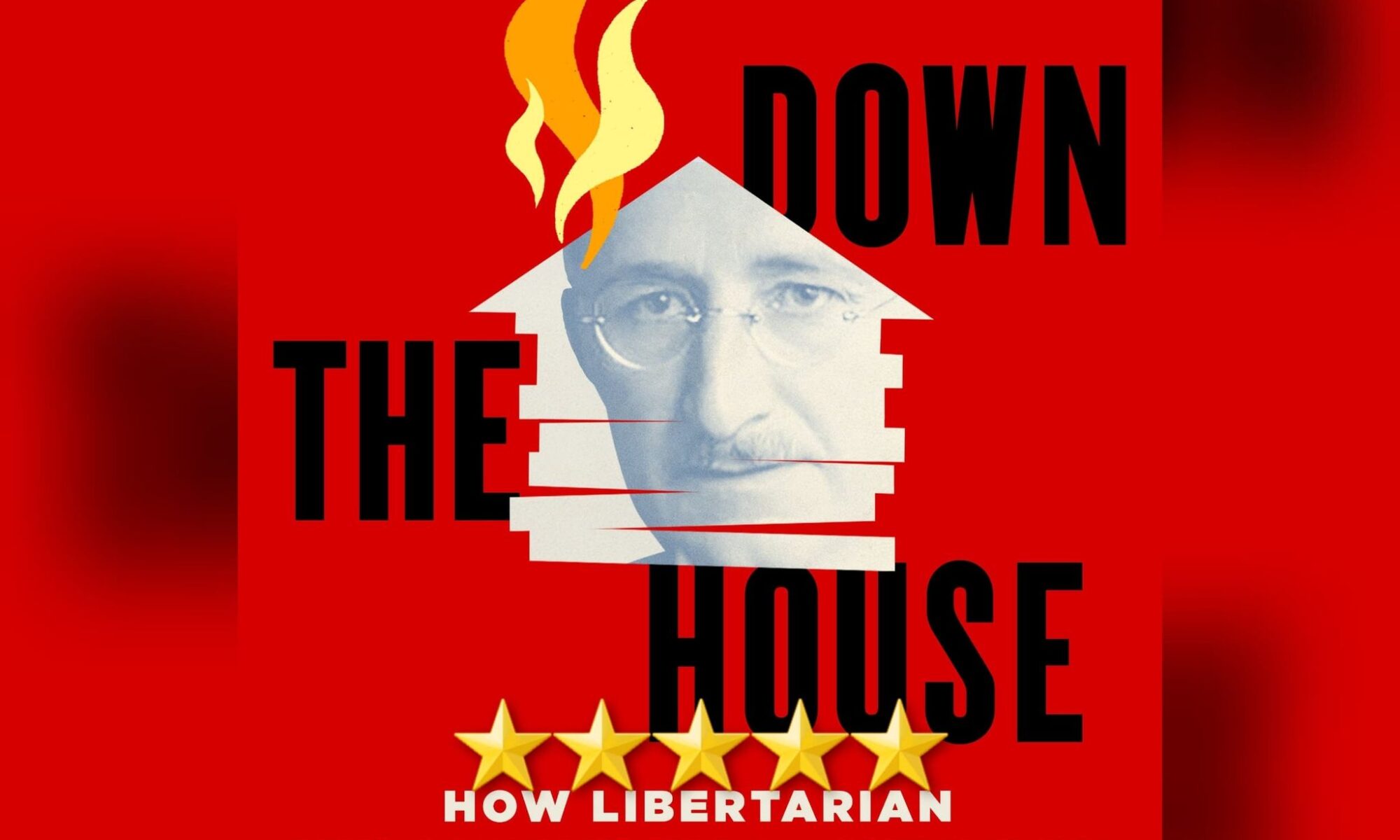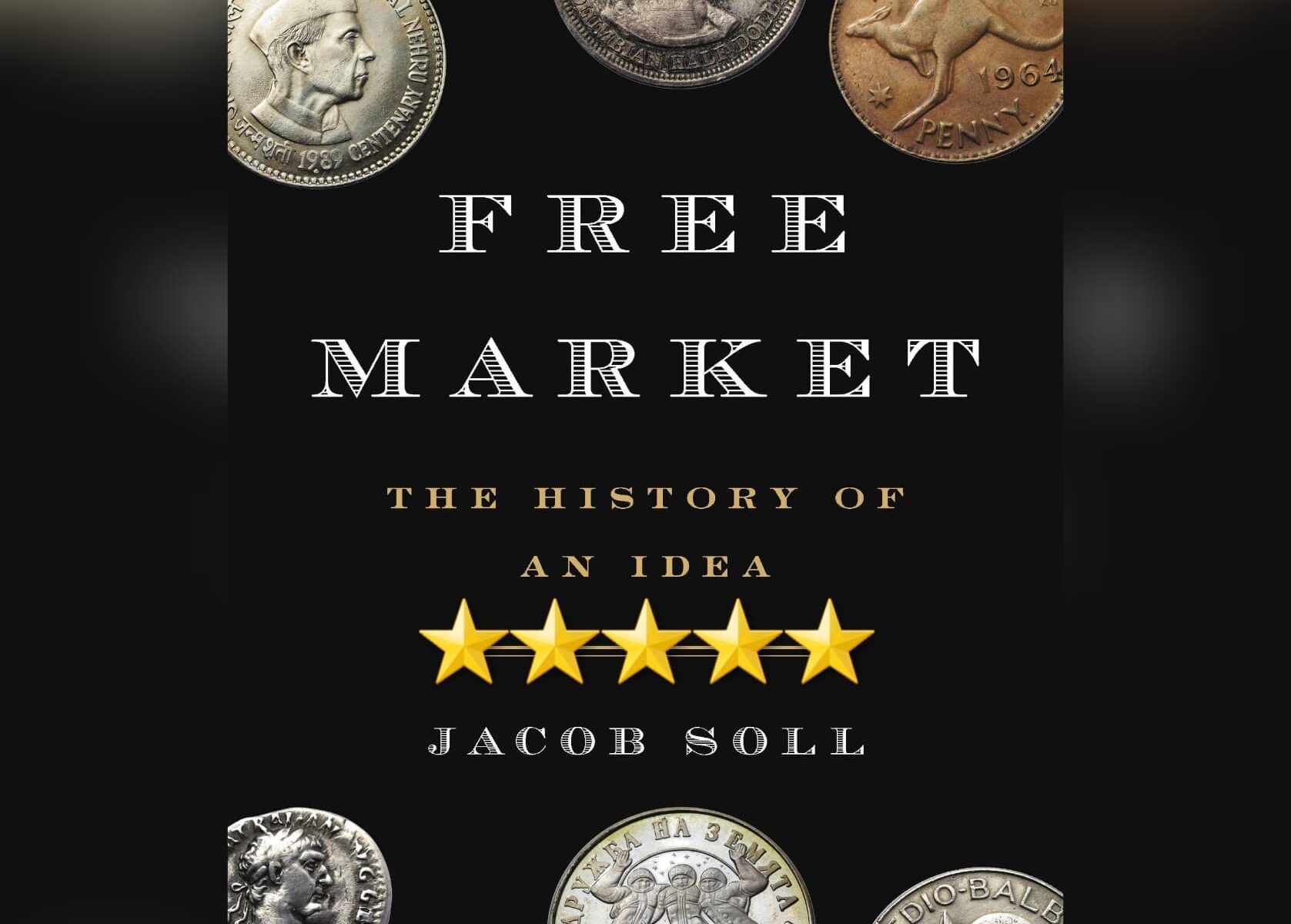Severely Flawed Overall Reasoning Yet Good Introduction To Left Libertarianism. This is a book whose goal, as the author states near the end of Chapter 1, “is not only a critical description of libertarianism. It aims to marry what is best about libertarianism with the agenda of the left.” Thus, the author makes such radical-to-anyone-who-actually-studies-American-history-and-politics claims as that Rothbardian libertarianism has come to dominate the Republican Party, and the usual and at this point banal attacks on Charles Koch as a standard boogeyman. And yet, despite the rampant strawmen and cherry picked history and analyses, this book truly does serve as a reasonably well argued and written look into the general forms of “left libertarian” philosophy. At 36% documentation, it is actually on the strong side of well-documented (though still not the *best* I’ve ever encountered), so even with its cherry picking, at least it does in fact cite most of its arguments quite well. (Despite several of its more plebian-according-to-leftist-standards comments being undocumented.) Thus, while there is nothing of the structure of the book to hang a star deduction on, it is still one whose arguments should be considered critically and indeed, one should actively study the same philosophers and economists Koppelman often cites – from Hayek, Mises, and Friedman to Locke, Rothbard, Rand, and even Lysander Spooner. Still, for what it is and for the education it could bring (as even reading Mein Kampf is quite educational, in seeing how even the worst thinkers known to man think), this book is very much recommended.
Note exclusive to blog form of this review: While I kept this out of the Goodreads/ Amazon review above, I should probably note that I actually have quite a bit of experience with libertarian philosophy myself, having been a Libertarian Party of Georgia official at both the Statewide and local levels, as well as a former small town City Council candidate and running a libertarian political blog during the days of the Tea Party uprising circa 2009-2010. During that time, I actually had the opportunity to speak directly with at least a couple of Founding Members of the Libertarian Party, including one who happened to be from my own home County. We were never close, mere acquaintances who each knew common friends much more than we ever knew each other, but even that loose association allowed me to participate in some at times deep philosophical discussions with these truly legendary people. Despite all of this, however, I never came to libertarianism (or even volunarism, which is what I really subscribe to – what Koppelman would describe as “Rothbardian libertarianism”, though as you’ll see momentarily, I never even really knew Rothbard or his thinking) from a secular philosophical background. Instead, I came to libertarianism/ voluntarism through my studying of the Bible and Christian ethics/ thinking, ultimately arriving at voluntarism along the lines of the Anabaptist tradition within Christian history. Even here, while I’ve subsequently read *some* writings both historical and modern from such thinkers, much of my own thinking is precisely that- my own, and not necessarily tied to any one philosopher or tradition. Thus, while I intuitively *know* there are many flaws with Koppelman’s reasoning here, I also openly admit that Koppleman has quite a substantial amount of scholarly training and experience that I do not, and thus there are certainly better people to explain more fully what, exactly, Koppelman’s flaws are and offer a more complete rebuttal to them. But still, read his book, no matter your thinking on libertarianism. For what it is and what it does, it actually is quite well written and is a solid exposition from that side of thinking.
This review of Burning Down the House by Andrew Koppelman was originally written on October 13, 2022.


